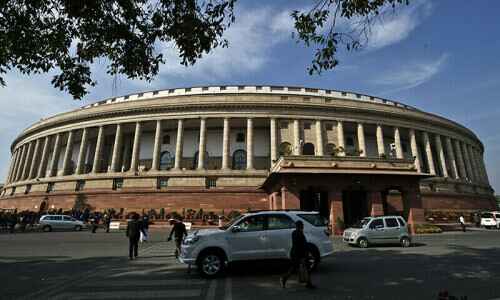India revised its criminal rules from the colonial era on Monday. The country’s top judge hailed the move as a “watershed” one, but detractors said it might make the already incredibly slow justice system even worse.
The interior minister, Amit Shah, declared that the guidelines would assist India in “becoming the most modern justice delivery system in the world.”
The three revised laws, which include the penal code and codes pertaining to criminal procedure and evidence, were passed by India’s previous parliament last year but didn’t go into force until this past Monday.
D. Y. Chandrachud, Chief Justice, stated that they “mark a watershed moment for our society.”
A former law that made sodomy illegal has been repealed, and laws pertaining to sexual assault have been reinforced. One of the most significant modifications is that police can now detain suspects for up to 60 days, and in certain circumstances, up to 90 days.
Previously, a judge would choose whether a case might go to trial; however, supreme court attorney Nipun Saxena criticized the new laws for strengthening the police’s decision-making authority. Police cannot take on judicial duties, according to Saxena.
The code has also been updated, requiring that severe offenses be captured on camera and revising the acceptable digital evidence guidelines. However, some argue that because the new regulations will apply to persons who are on trial for charges under the old system, they could cause confusion.
India’s legal system is already infamously sluggish; millions of cases are always languishing in the courts. Saxena cautioned that the modifications may result in a “30–40%” rise in the number of cases awaiting trial.
The measures were passed during a period when over 100 MPs were suspended from the house, according to opposition parties, meaning that important matters were not discussed.
The new legislation, according to Saxena, “violate at least four articles of the constitution and many important judgements of the Supreme Court,” and “many crucial safeguards have been omitted completely.”
According to him, these have to do with rules prohibiting self-incrimination, protection against unlawful detention, and procedural safeguards.
India inherited the British-imposed penal code from the 19th century upon its independence in 1947, albeit it had been revised by earlier parliaments.
“It is erroneous to argue that the modifications decolonize the Criminal Procedure Code,” stated Saxena.








